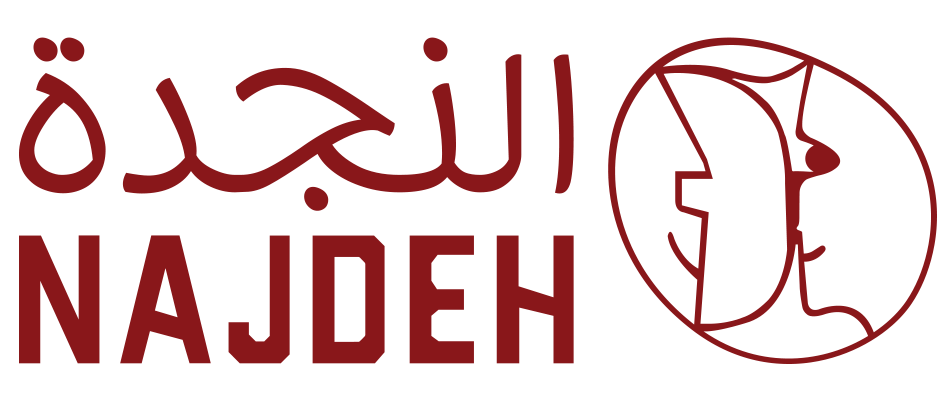Dialogue Table at Nahr al-Bared Camp on the Occasion of the 8th of March
A dialogue table was organized at Nahr al-Bared camp on the occasion of the 8th of March, the International Women’s Day, the table discussed the situation of the middle classes of Palestinian women in Lebanon, in the presence of the Popular Committee and a number of social and educational NGOs, teachers from UNRWA schools, worker women, girls and women from the local community .
The dialogue table, focused on working women and girls and employees who form an important part of the Palestinian society, also focused on presenting the situation of Palestinian women in Lebanon through different perspectives (worker women, and activists in society), women and girls Who belong to this category.
The dialogue table was opened with a speech by the coordinator of the Nahr al-Bared Branch, Nawal al-Hassan, She explained the basic role played by Palestinian women in various fields despite the difficulties of social and legal difficulties and depriving them of their civil and human rights. In Lebanon, as she is a part of the Palestinian people, she is also deprived from the right to work.
Al-Hassan pointed out that many studies show that the percentage of working Palestinian women in Lebanon is 13%, while the UNRWA study for 2015 indicates that 21.5% of Palestinian refugee women in Lebanon are dependents of their families, Females up to 32%. Pointing out that the percentages indicate that Palestinian refugee women in Lebanon are affected by the restrictions imposed on the employment of Palestinian refugees in general and gender gaps in the employment of women in particular.
Al-Hassan stressed that the occasion of International Women’s Day should be considered as a continuous reminder for struggling to grant women all their rights and eliminating discrimination against women in all fields. She also addressed on the situation of Palestinian women workers who suffer from lack of job opportunities and lack of stability and occupational safety due to seasonal work. They don’t have employment contracts, suffer from low wages, cut off their wages and delayed payments, and face exploitation and discrimination in working conditions.
An intervention by the supervisor of KG of the Palestinian Women Union, Fayza Al-Wannas, stressed on the importance of developing a clear and specific action plan to stand up for the status of women in all fields to be able to continue defend their rights and demand fair wages and working conditions.
Rana Abu Rajab, Director of Gaza School, stressed on the need for women to continue to defend their rights in all fields, especially in the field of work, because what is lost is a right behind the demands, pointing out that the struggle of women is no less than men’s struggle.. Ruud Abdel Rahim, who studied business administration at the university, talked about her experience in the search for work and the challenges and difficulties she faced. The request for employment in many Lebanese institutions and companies was rejected because of her Palestinian nationality, forcing her to work as a nanny in a kindergarten, a profession that does not relate to its studies.
Amina Mansour, a graduate from the Najdeh Vocational training Program, explained the difficulties faced by Palestinian refugees, especially girls, in finding job opportunities, denial of health insurance, and lack of job security. She also spoke of her personal experience of not finding jobs despite From applying to many institutions.
